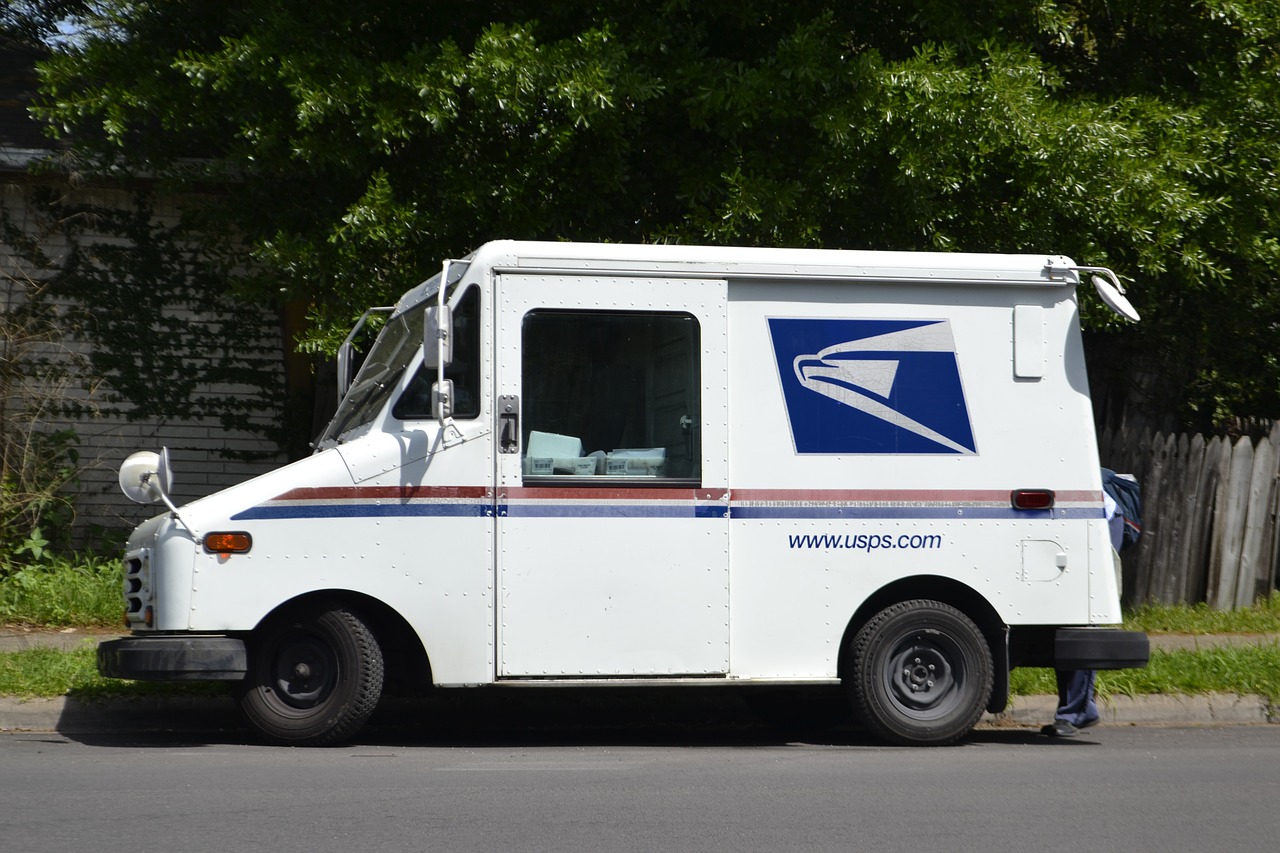44% Increase in US Ecommerce Sales in 2020
2020 turned out to be an amazing growth year for retail sales with total sales increasing 6.9% to $4.04 trillion up from $3.78 trillion in 2019 according to the US Department of Commerce figures.
Despite the coronavirus having a negative impact on in-store shopping, online shopping increased and was responsible for the total overall gain in retail sales, the first time that the total gain in retail sales has been due to ecommerce sales alone.
While Amazon remained the number one retailer in North America, other retailers continued with their push into the online sales arena. Amazon accounted for 31.4% of all US retail sales in 2020 and while this is a huge part of total overall sales, their percentage lead was down from 2019 when they accounted for 43.8% of total online sales. However, it was still other large stores that made more headway in online retail sales. Those that made gains included Walmart, Best Buy and Target.
So it comes as no surprise that the majority of retailers whether large or small are looking to increase their spending on technology and technology related products during 2021.
Whether they are looking to move to a different ecommerce platform, improve website functionality or automate processes, there is no question that the pandemic has caused a major shift in the way online shopping is viewed by both retailers and more importantly, consumers. No longer an afterthought but a major consideration for any serious retailer, online sales are now viewed as an integral part of any retail business.





